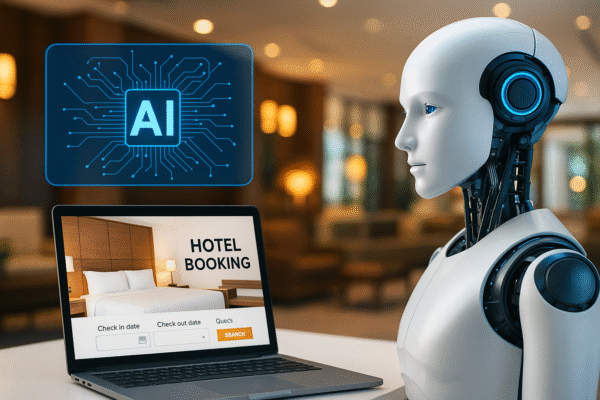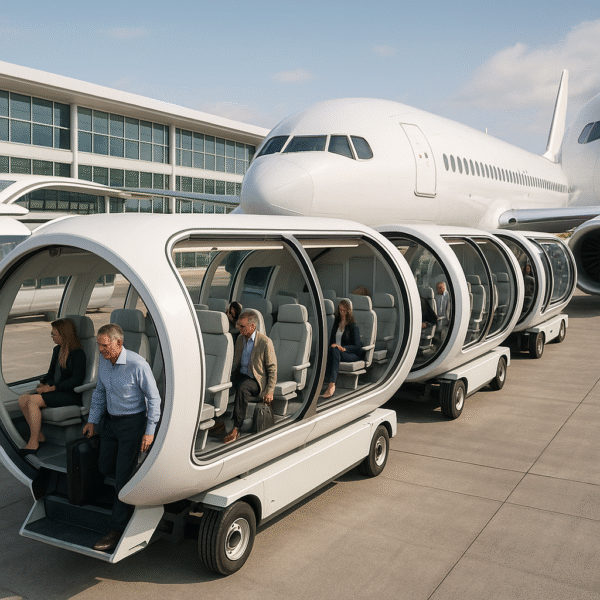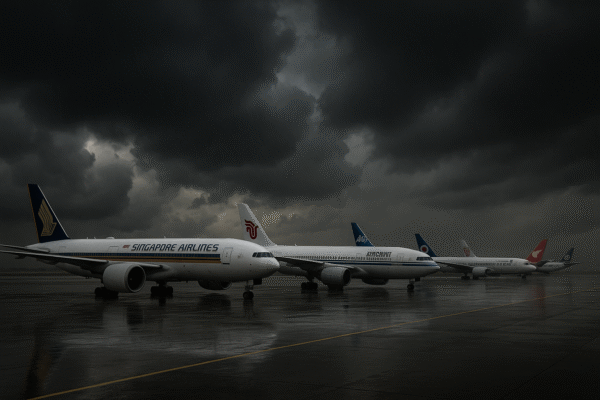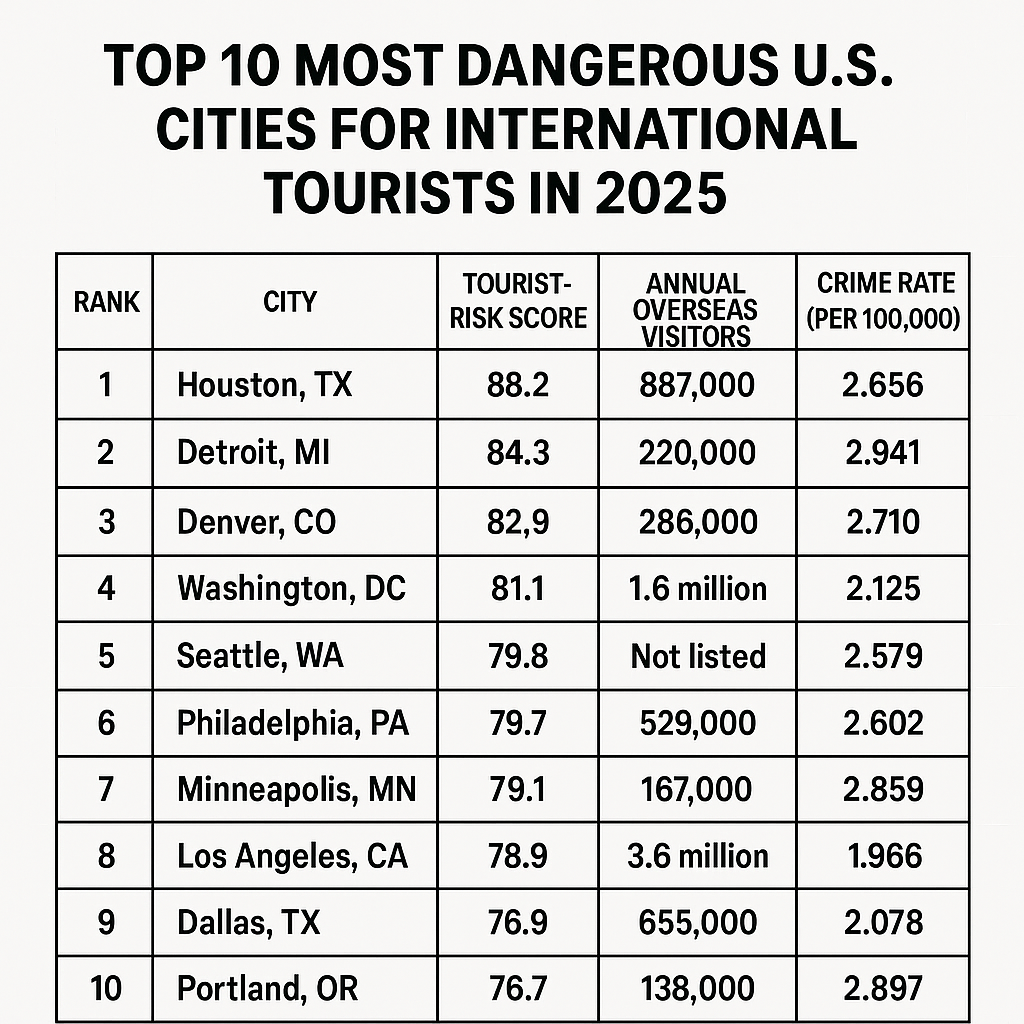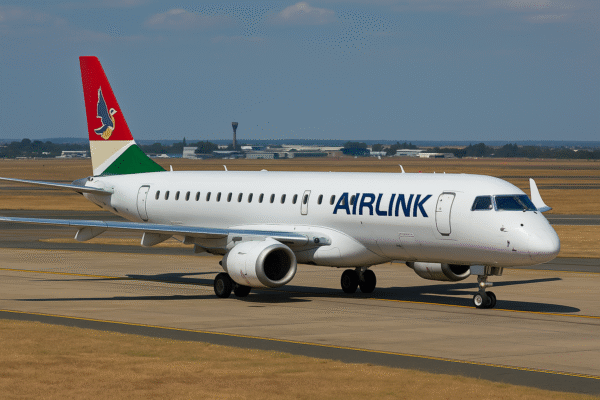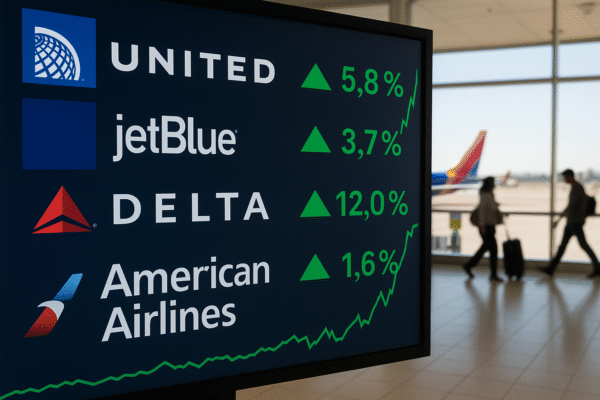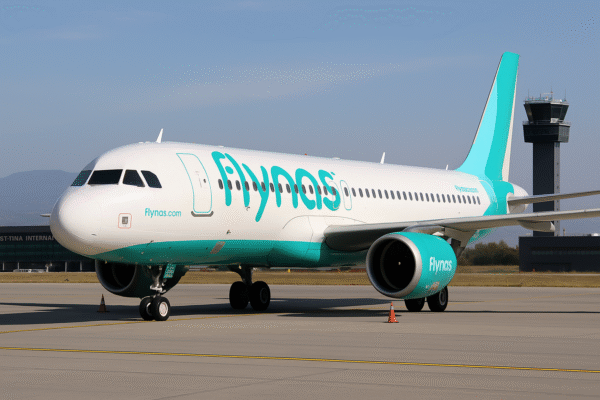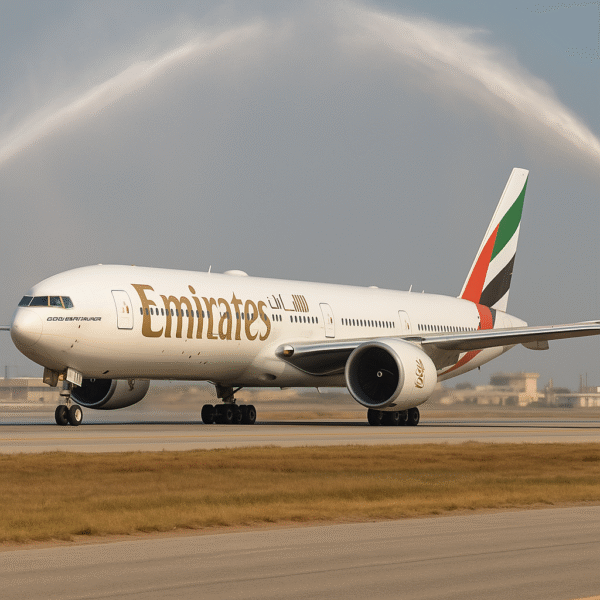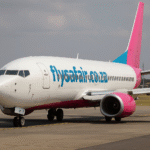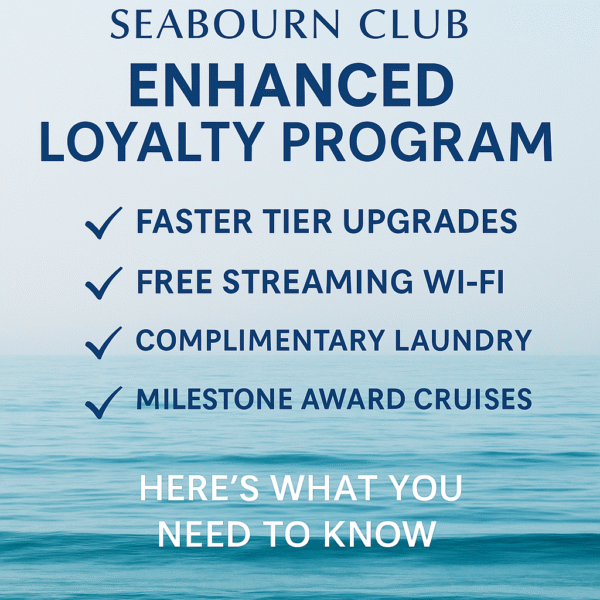AI in Hospitality: Insights and Innovations from HSMAI and HITEC 2025
Orlando, Florida – July 2025
The global hospitality industry is undergoing a transformative evolution, driven by rapid advancements in artificial intelligence (AI). At the 2025 Hospitality Sales and Marketing Association International (HSMAI) Commercial Strategy Week and the Hospitality Industry Technology Exposition and Conference (HITEC®), leading hotel executives, tech innovators, and digital marketers gathered in Orlando to explore how AI is redefining the core functions of hotel operations, guest engagement, and marketing strategy.
These conferences signaled more than just emerging trends—they marked a pivotal shift in how hospitality brands adapt to an increasingly digital-first future.
Generative AI Reshaping Guest Engagement and Hotel Strategy
At the forefront of this transformation is generative AI, now being adopted by hotels to analyze booking behaviors and generate strategic recommendations in real-time. For instance, AI algorithms are helping revenue managers optimize low-demand days—such as midweek dips—by identifying patterns and deploying dynamic pricing or custom promotions accordingly.
Milestone President Benu Aggarwal introduced the concept of the “AI Travel Agent” at HITEC, sparking excitement for AI-powered tools that curate personalized itineraries and influence booking decisions. These agents aim to function as digital concierges, enhancing guest satisfaction before they even arrive.
AI Advisory Councils and Ethical Frameworks
John Jimenez, Vice President of eCommerce and Revenue for Noble Investment Group, emphasized the need for AI advisory councils within hotel organizations. According to Jimenez, leveraging platforms like Google Gemini, Claude, Bard, and Microsoft Copilot should be done in tandem—building a hybrid AI ecosystem tailored to specific operational goals. He advised hoteliers to remain vigilant about ethical AI usage, advocating for transparency and human oversight to prevent misuse or brand misalignment.
From SEO to GEO: Content for the AI Era
One standout trend discussed during HITEC 2025 was the rise of Generative Engine Optimization (GEO), a progression beyond traditional SEO. GEO ensures that hotel content is structured semantically for AI-driven search engines like Google’s Search Generative Experience (SGE). Rather than keyword stuffing, GEO emphasizes conversational relevance, intent-matching, and real-time personalization.
Hotels embracing this method are already seeing results—higher visibility, better engagement, and a streamlined path to booking.
AI in Hotel Operations: Streamlining, Not Replacing
Newport Hospitality Group shared how they’re incorporating AI for tasks like competitive benchmarking, sentiment analysis, and business forecasting. However, the brand clarified that AI is not replacing employees—it’s enhancing productivity by handling repetitive tasks.
“AI helps with the heavy lifting,” said Kirsten Mosco, Vice President of Media and Communications. “It allows creative teams to focus on big-picture storytelling and strategic direction while leaving the routine operations to automation.”
AI tools are now generating branded video content, copy, and even virtual reality mockups for marketing campaigns. Still, maintaining brand voice and emotional resonance requires the human touch—a core pillar of hospitality.
Elevating Communication and Creativity with AI
Hotel communication teams are benefiting significantly from AI-assisted storytelling. Natural language generation tools help structure press releases, standardize team messaging, and generate personalized responses to customer inquiries—all within seconds.
“Hospitality marketing is increasingly about storytelling,” Mosco explained. “AI allows us to streamline content creation and focus more on emotional engagement, which is where the magic happens.”
Visual Experience Optimization (VEO) and Sentiment Analysis
In addition to GEO, Visual Experience Optimization (VEO) is emerging as a key tactic for brands wanting to maintain consistent aesthetics across platforms. AI tools now help hospitality marketers ensure that images, layouts, and visual messaging meet brand guidelines and evoke the desired guest response.
Hotels are also deploying sentiment analysis tools to monitor social media, guest reviews, and online mentions in real-time. This enables quicker adaptation of marketing strategies based on customer mood and seasonal sentiment.
Practical AI Applications in Daily Hotel Functions
Hospitality AI isn’t limited to back-end systems. In practice, hoteliers are deploying AI in the following areas:
- Chatbots & Voice Assistants: Handle FAQs, room preferences, and upgrade suggestions.
- Smart Forecasting: Analyze past data to predict demand surges and guide pricing.
- Automated Design Tools: Maintain brand consistency across content assets.
- Guest Sentiment Analysis: Provide feedback loops to improve service in real time.
The Road Ahead: Human + AI Synergy
The key takeaway from HSMAI and HITEC 2025? AI isn’t replacing hospitality professionals—it’s empowering them. By freeing teams from repetitive tasks, AI makes room for innovation, creativity, and genuine guest connection. Whether it’s responding to booking inquiries or designing immersive guest journeys, human-AI collaboration is central to the hospitality industry’s future.
However, hospitality leaders must also remain learners. As advanced AI tools evolve—like agentic workflows, GEO, and VEO—Mosco stresses that curiosity must become a core professional trait. “Curiosity is a superpower,” she noted. “It’s what will drive success in the AI era.”
Conclusion: A Personalized, Agile, AI-Driven Future
The hospitality industry stands at the intersection of technology and tradition. With AI tools transforming everything from front-desk interactions to digital marketing campaigns, hoteliers must balance automation with authenticity.
As more hospitality brands adopt AI-powered systems, they’re expected to deliver faster, more relevant, and emotionally engaging experiences. This digital evolution is not only reshaping how we travel—it’s redefining the meaning of hospitality itself.
For more travel news like this, keep reading Global Travel Wire

